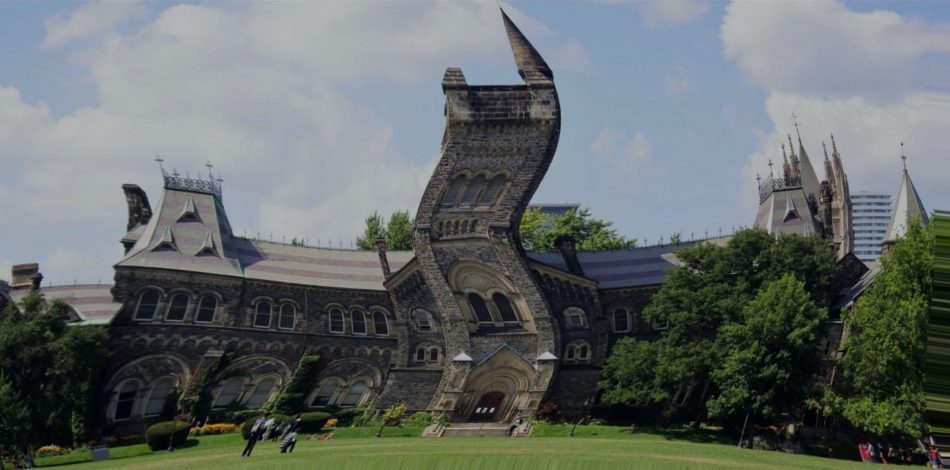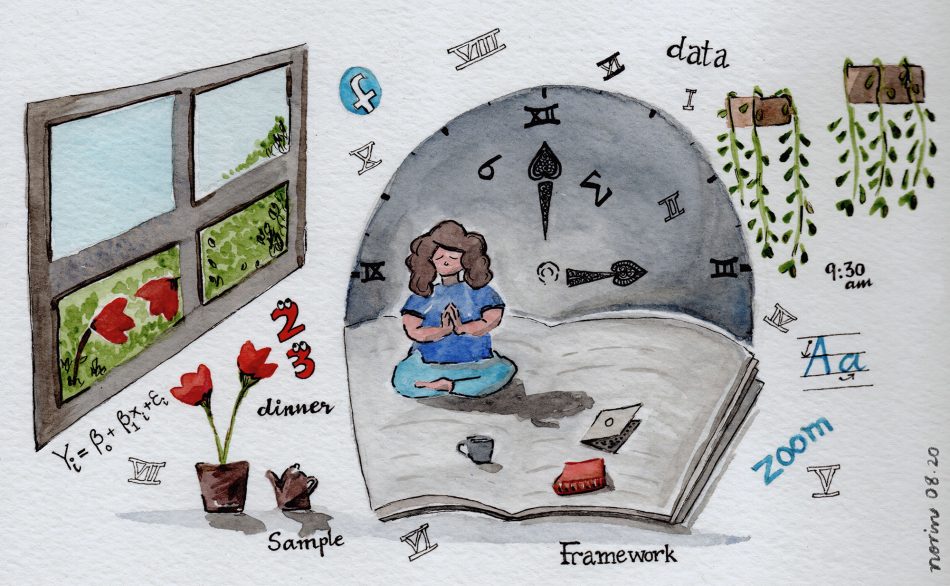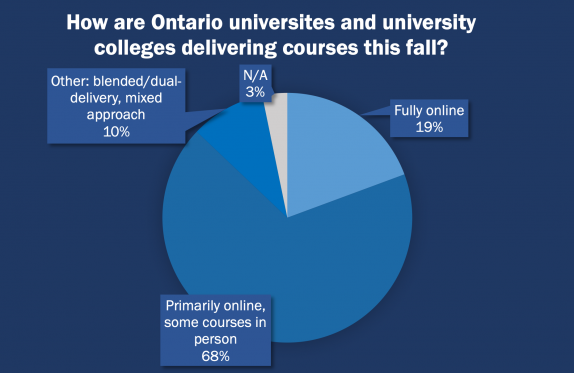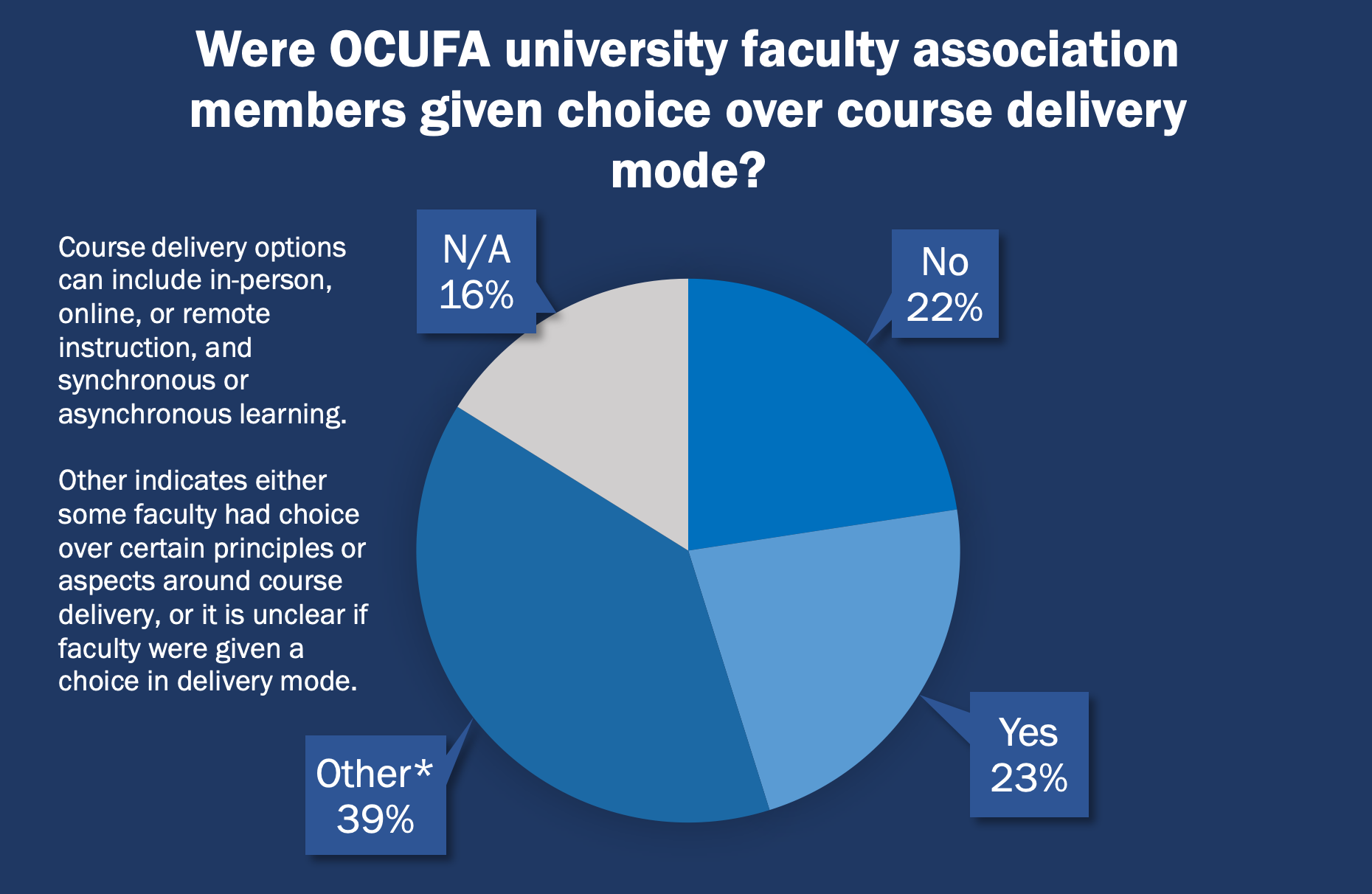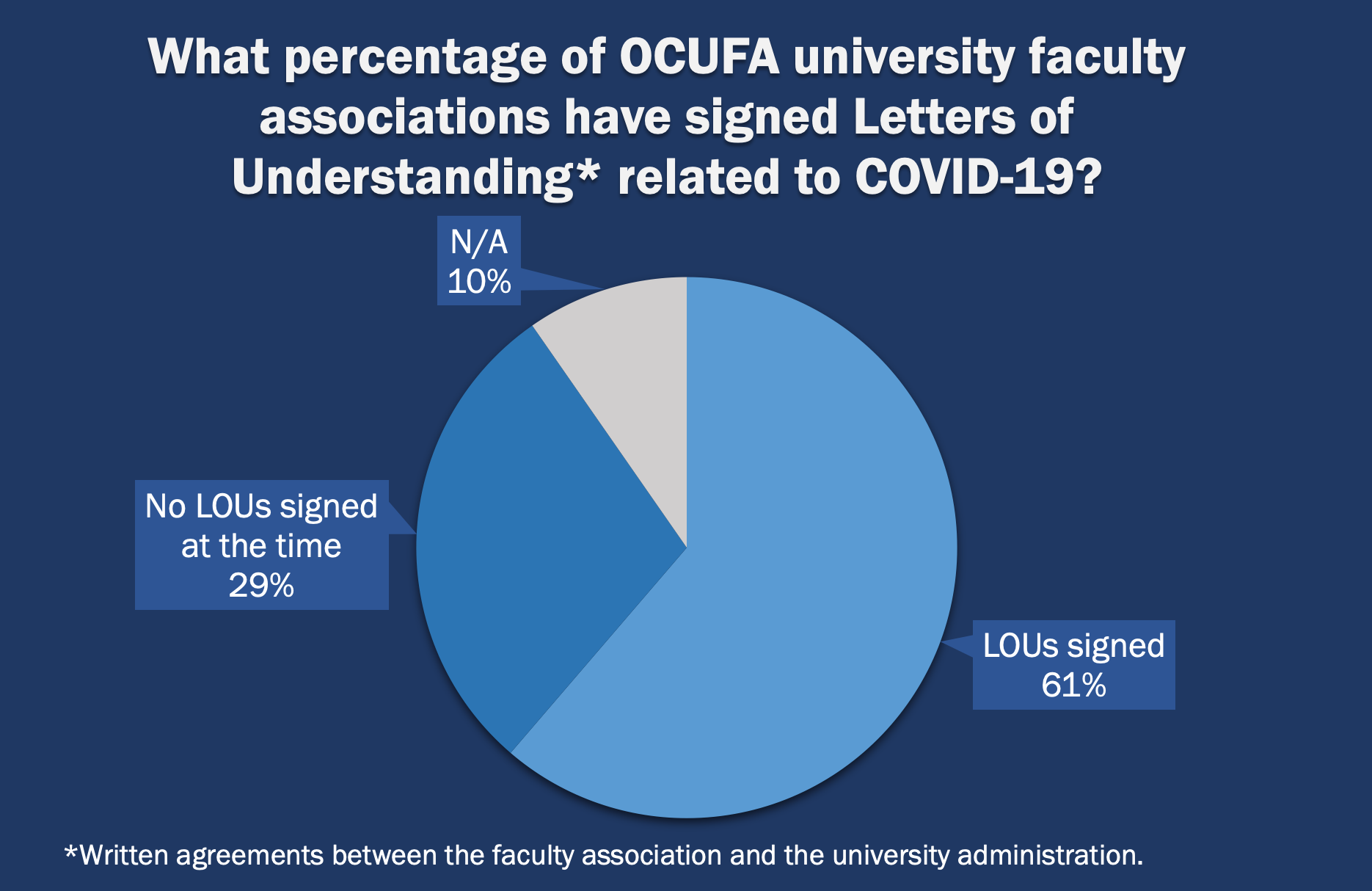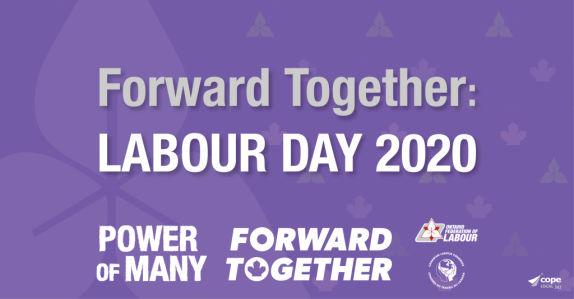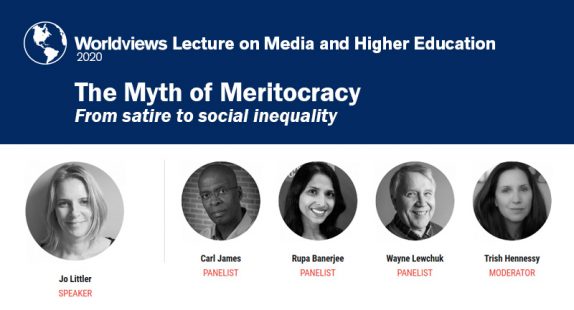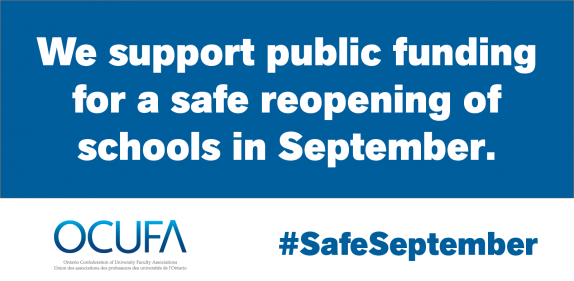OCUFA is hiring its next Executive Director. The job advertisement follows.
Executive Director
Ontario Confederation of University Faculty Associations
Organizational profile
The Ontario Confederation of University Faculty Associations (OCUFA) is located in the Dish With One Spoon Territory, which exists as the result of a treaty between the Anishinaabe, Mississaugas, and Haudenosaunee that bound them to protect and share the land. Subsequent Indigenous nations and peoples, Europeans, and all newcomers have been invited into this treaty in the spirit of peace, friendship, and respect.
OCUFA seeks to maintain and enhance the quality of higher education in Ontario, and to advance the professional and economic interests of teachers, researchers, and librarians in Ontario universities. A member driven organization, OCUFA works to ensure that the views of its 31 member associations are communicated to government policy makers, the public, and those concerned with the quality and accessibility of post-secondary education. OCUFA is a progressive and dynamic organization, committed to equity at every level, whose work combines service and support for individual faculty associations with advocacy that brings faculty issues to government, the media, and the public.
About the role
The Executive Director works closely with the President and Executive and builds and maintains strong relationships with the Board, member associations, government agencies and the broader community and leads a collaborative, self-directed staff team in a unionized workplace.
The Executive Director will be an engaged and proactive leader, committed to building the strategic vision required to best support member associations and a high-quality post-secondary education system in Ontario. The successful candidate will have demonstrated advocacy, government relations, and communication abilities, with knowledge of administrative operations, member services, union bargaining and grievance processes, and the labour movement. The successful candidate will have a master’s level degree, with over seven years of progressive management and leadership skills, within the post-secondary (or related) environment. The role requires excellent interpersonal, labour relations, and project management skills, along with demonstrated financial acumen and governance best practice. An equivalent combination of education and experience will be considered.
Contact
All qualified candidates are encouraged to apply. OCUFA welcomes and encourages applications from qualified individuals from equity-seeking groups, including women, members of racialized groups, Indigenous persons, persons with disabilities, persons of any sexual orientation, gender identity or gender expression.
Should you be interested in learning more about this exciting opportunity, please contact Harbour West at 604-998-4032 or forward your letter of introduction and CV, in confidence, to info@hwest.ca. We will respond to all who express interest.
Download this job advertisement as a pdf.







